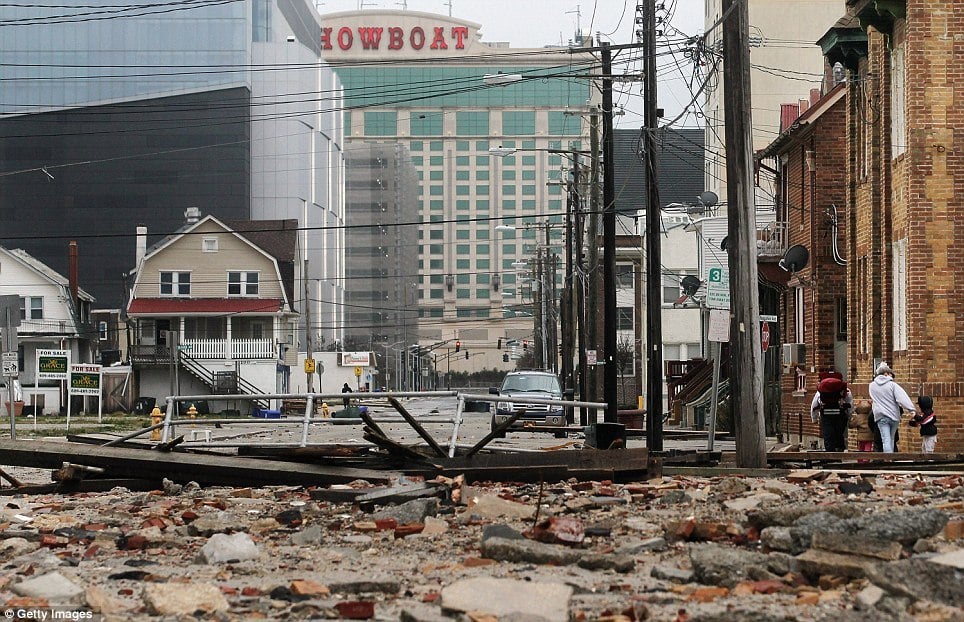Atlantic City Council Prepares for Crisis with Microgrids, Casinos Would Benefit
Posted on: March 10, 2017, 06:00h.
Last updated on: March 10, 2017, 02:08h.
The Atlantic City Council (ACC) voted unanimously this week to approve a resolution asking the state to fund a study determining whether building a microgrid to power the beachfront town in times of crisis is a merited endeavor. The resolution will petition the New Jersey Board of Public Utilities for consideration in the matter.

Atlantic City will now submit a grant application to the state to receive money to investigate “microgrid feasibility.”
According to the US Department of Energy, a microgrid is a local energy grid that is capable of operating independently of the citywide power network and run autonomously during times of crisis and natural disasters. Generators, batteries, and renewable resources like solar panels can all power microgrids.
Local leaders in the beachside gambling town are interested in a microgrid that would keep the lights on for about 20,000 residents during emergencies. The study is a result of Hurricane Sandy, the devastating 2012 storm that forced the evacuation and closure of all of Atlantic City’s casinos for weeks.
Microgrid Macro Solution
With the existence of a microgrid, Atlantic City Mayor Don Guardian (R) believes that “in the event of an emergency, like a hurricane, instead of evacuating the island, we would be able to produce the utilities, heating, and cooling.”
New Jersey’s Board of Public Utilities is expected to approve five to 12 grants for microgrid studies. The funding program is the result of Governor Chris Christie’s (R) wishes to make the state better suited to weather severe storms.
“Reliable energy is vitally important during emergencies,” Christie said when he allocated $25 million in funding in 2013.
Off the Grid
Billionaire Carl Icahn is looking to potentially demolish Trump Plaza, the last remaining resort he acquired in February of 2016 when he assumed control of Trump Entertainment Resorts. But should the building come down, the city’s power grid will become disconnected, as heating and cooling pipes traverse throughout the building.
That’s a big advantage to utilizing a microgrid. The interconnectedness of a traditional power grid means that when part of the grid is disrupted or in need of repair, the entire network is disabled.
Icahn is having a difficult time selling Trump Plaza, due to its $1 million annual land lease with the man who owns the soil under which the resort sits. Demolishing the building would likely cost hundreds of millions of dollars.
The city’s Casino Reinvestment Development Authority is considering plans to keep power supplied, should Trump Plaza move forward with demolition. And Atlantic City Electric, a subsidiary of Exelon Corporation, announced earlier this year that it would spend up to $1 billion over the next five years towards improving the town’s power structure.
“The more you upgrade the older system, it makes a tremendous difference in reliability,” Atlantic City Electric President Vince Maione said in January.
For gamblers, loss of light in a casino is a potential complete disaster on many levels, so the city can likely count on microgrid support from those who frequent them, including many locals.
No comments yet